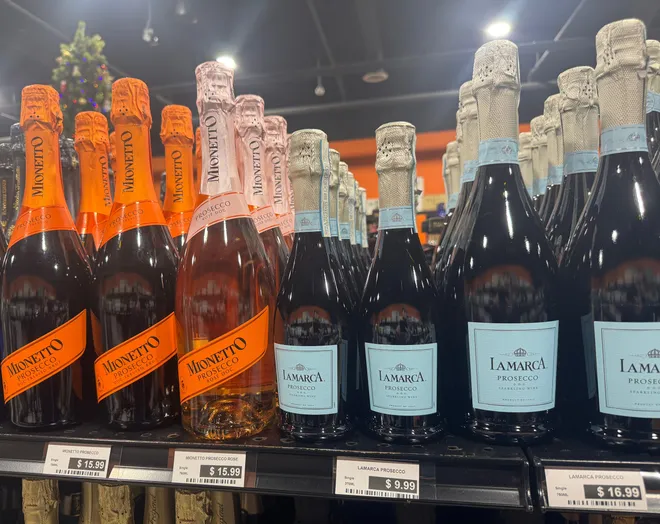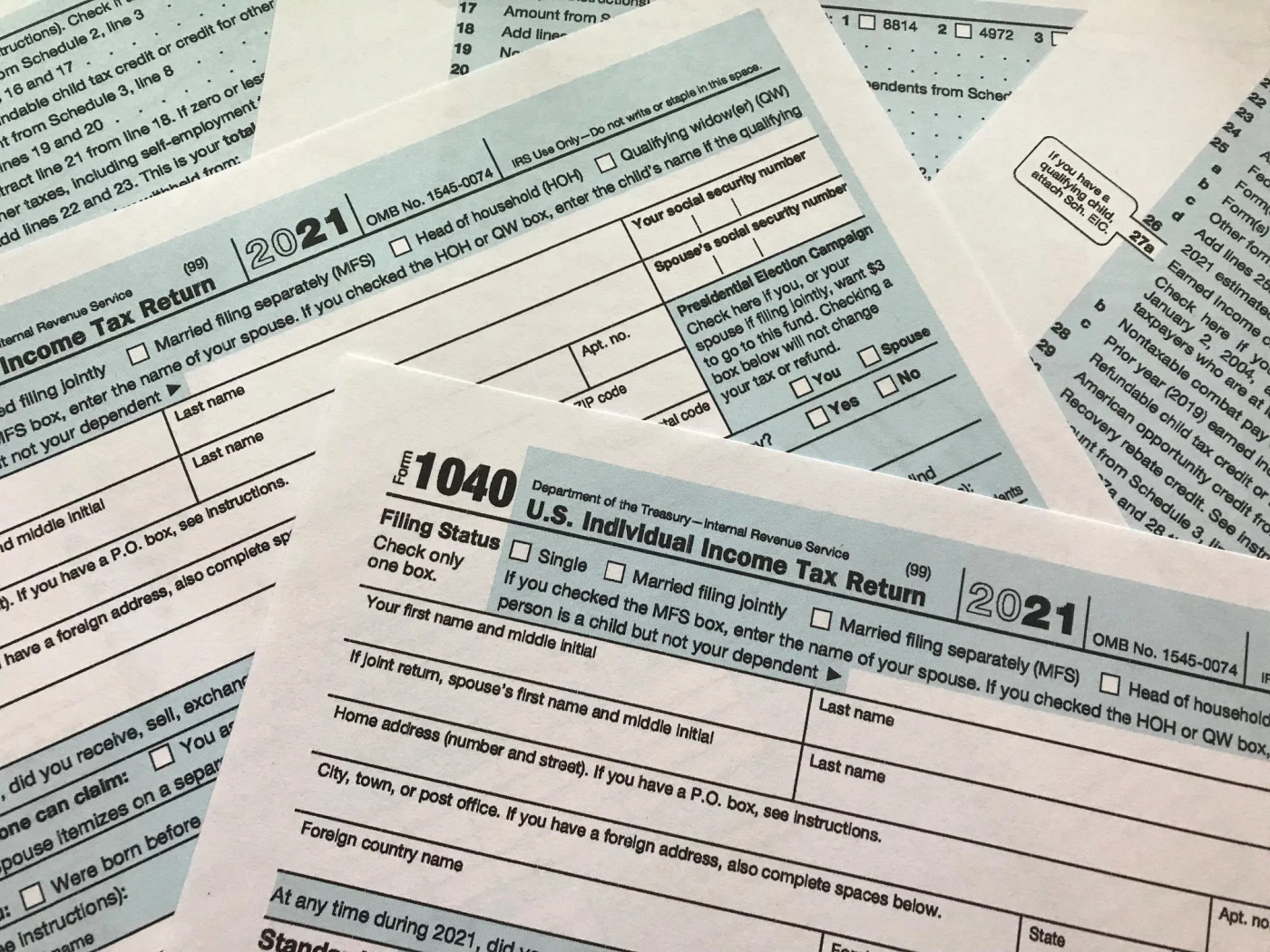
For alcohol industry, surgeon general's cancer warning is nothing to toast
For the companies that brew, ferment, distill, bottle and sell alcohol in America, the latest missive from the surgeon general about alcohol and cancer is going down like a poorly worded toast.
For years, academic researchers and the media have delivered a mixed message to Americans about the safety of moderate drinking. Some studies say modest amounts of alcohol might confer health benefits, while others say any drinking will hurt you.
On Friday, America’s top physician, Surgeon General Dr. Vivek Murthy, issued an advisory that urged the nation to focus on alcohol's perils, calling for explicit warnings about cancer on alcohol bottles and cans. The advisory terms alcohol the “third leading preventable cause of cancer” in America, after tobacco and obesity.
The news shook stocks across the alcohol industry, presumably on fears that adding a cancer warning to liquor bottles isn't likely to spur sales.
"Warning labels won't be an immediate death blow to alcohol makers, but it will compound the long-term threats to the industry," said Blake Droesch, an alcohol-industry analyst, who spoke to Reuters.
Holiday deals: Shop this season’s top products and sales curated by our editors.

Does moderate drinking help or hurt you?
Decades ago, much of the nation believed that moderate drinking was harmless, and that red wine, in particular, might be a panacea. Some researchers still believe responsible drinking poses no harm to the drinker. Alcohol industry leaders stressed that point in response to the surgeon general's warning.
"The U.S. beer industry has been a champion of responsible consumption for decades," said the Beer Institute, a nonprofit trade association, in a statement. "We encourage adults of legal drinking age to make choices that best fit their personal circumstances, and if they choose to drink, to consume alcohol beverages in moderation.”
In recent years, researchers have drifted toward a more cautionary consensus: Even moderate drinking raises the odds, however slightly, that the drinker will contract a serious disease or die a violent death, a finding echoed in numerous studies.
Yet, many researchers continue to believe modest drinking promotes heart health, especially among older Americans. Federal guidelines on alcohol still suggest adults can safely consume a drink or two a day: two drinks for men, one for women. Leaders of the wine, beer and spirits industries tend to favor that view.
"I think that these are very wise guidelines and consistent with the cultural practice that is alcohol for many people," said Dr. Laura Catena of San Francisco, who is both a winemaker and a medical doctor.
The Wine Institute, a nonprofit industry association, invoked the federal dietary guidelines in response to the surgeon general's statement. "Because it is a complex issue, Wine Institute always refers consumers to the most current [Dietary Guidelines for Americans] and recommends that any person who has concerns about consuming alcohol should consult with their healthcare provider,” the group said in a statement.
In a post Friday on X, Dr. Vin Gupta, a researcher and media analyst, embraced the apparent contradictions in federal alcohol policy: "As a physician that loves red wine, my take: Two things can be true: Alcohol is a carcinogen, data is clear, even at moderate intake; benefits to heart health and personal pleasure likely still exist. Pros and cons."
Alcohol bottles already carry a surgeon general’s warning, ordered by Congress in 1988. It advises drinkers that alcohol can harm a pregnancy, dull your driving skills or cause other unspecified “health problems.”
The new guidance would add a specific warning about cancer.

'I'd prefer to see an ingredient list'
Some in the beverage industry find the warning labels unhelpful.
“I’d prefer to see an ingredient list,” said Scott Crestodina, owner of Independent Spirits, a wine and craft liquor store in Chicago.
To Crestodina, the latest surgeon general missive just adds to the economic headwinds his shop already faces.
“I hope people who want to drink will seek out and support small businesses,” he said.
The stock prices of some alcohol manufacturers, including Anheuser-Busch and Molson Coors, dipped Friday after the release of the surgeon general advisory.
The alcohol industry has been coping with slumping sales on the heels of a pandemic-era boom. Inflation has raised alcohol prices by roughly 15% since the start of 2020, according to federal data. And with the election of Donald Trump to a second presidential term, the industry fears a new round of import tariffs that could push prices higher.
While affixing the word "cancer" to liquor bottles surely won't boost revenues, industry analysts are divided on whether a stronger warning label will do much to deter consumers.
"Most Americans tend to believe that nearly everything is okay in moderation," said Michael Ashley Schulman, partner and chief investment officer at Running Point Capital Advisors, who spoke to Reuters. "Thus, much as warning labels alone on cigarette packs did little to curb public smoking, I expect warning labels on alcohol to have little effect."
Jeff Segal, owner of Domestique Wine in Washington, D.C., said he believes a new generation of more dire warning labels on wine bottles might hurt sales, but only to a degree.

"People drink wine for a reason, and for most people, that reason isn't necessarily to live longer, it's to live better," he told USA TODAY, "although I would argue wine can help you live longer, too."
Segal said most of his customers know the risks in alcohol consumption.
"Everything we do or consume is risky, from air travel to iPhones to sunshine to simply sitting down at work," he said. "But the risk of alcohol, in absolute terms, is still super-small for most people."
Contributing: Reuters

